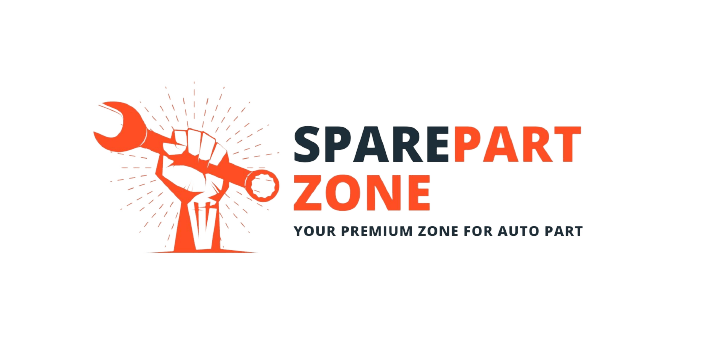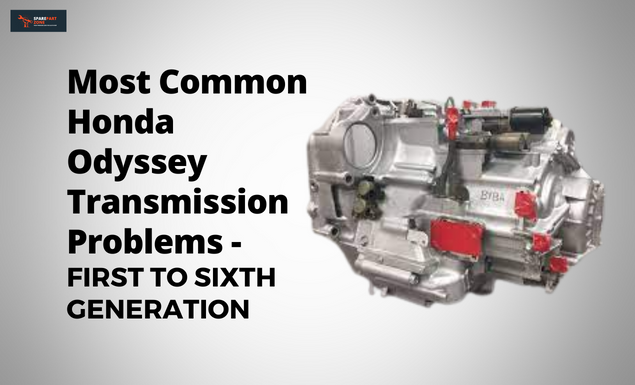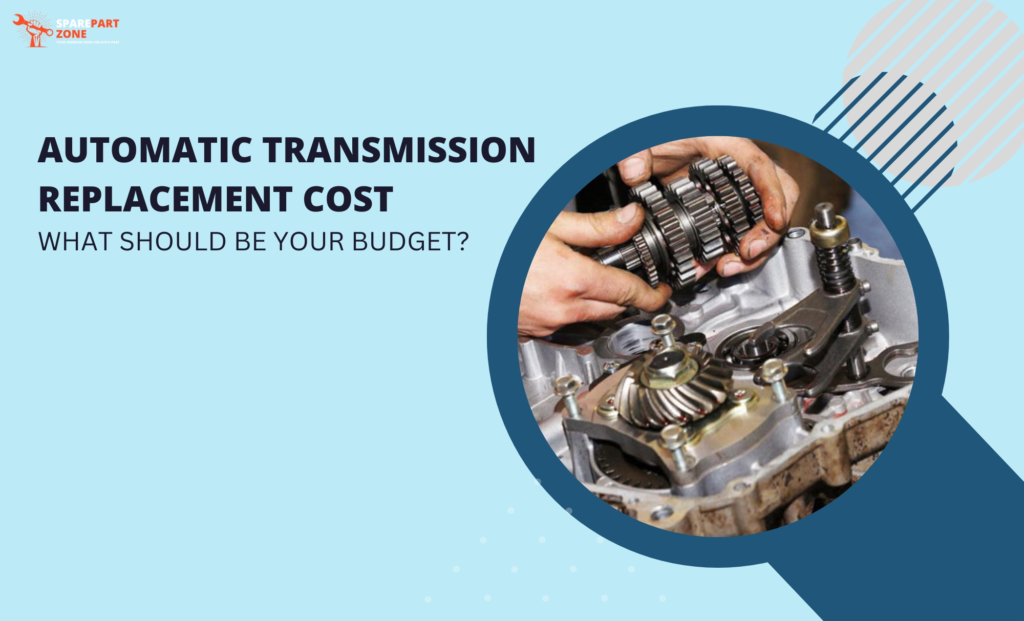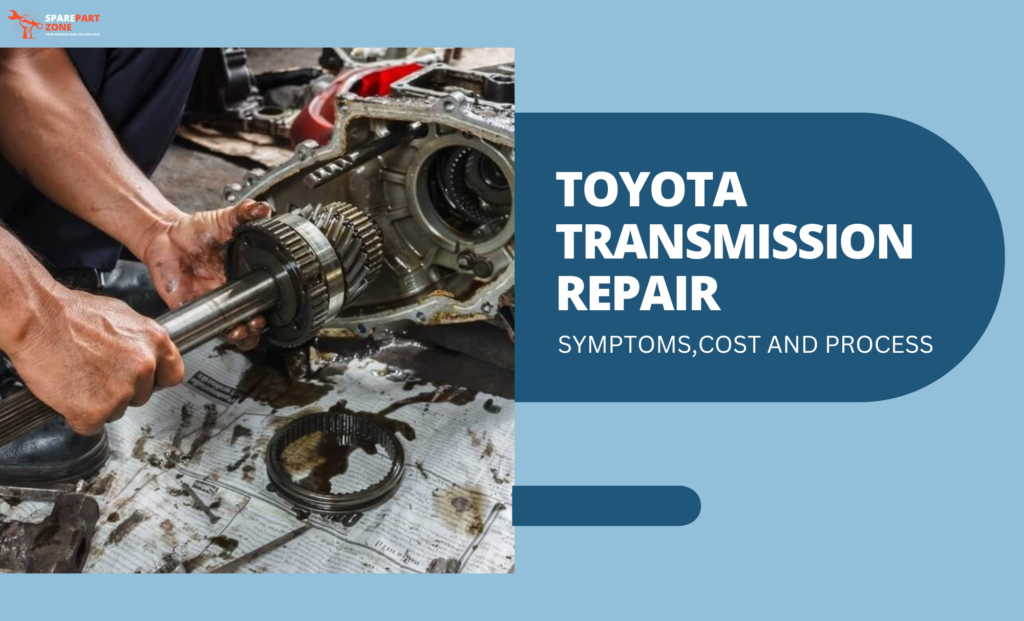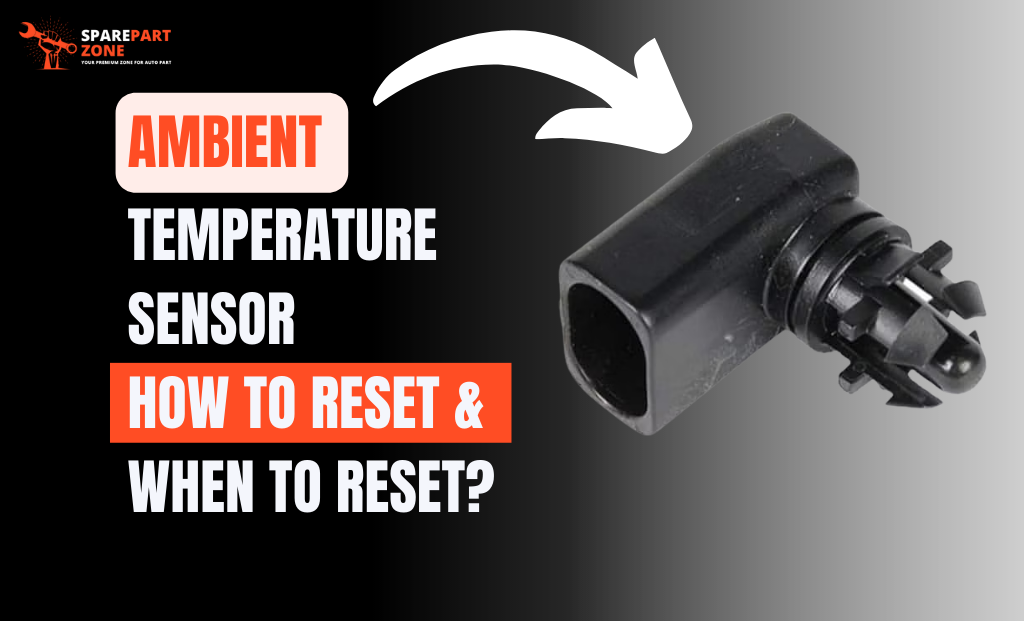If you turn to the internet and search for problems in Honda Odyssey, you will surely find many things. If you are an owner of a Honda Odyssey, then you may be aware of the numerous problems. Honda has recalled this model multiple times over the past 20 years. Honda Odyssey transmission problems were one of the major factors behind numerous withdrawals from the market.
The Honda minivan is quite popular in the US market. However, in the history of its 20 overs, there have been multiple Honda transmission issues, especially in the early 2000s. Some were very common, and some were catastrophic. Honda has tried to resolve this by changing the 4-speed automatic car to a 5-speed.
In the following blog, we are going to take a closer look at Honda Odyssey transmission issues generation-wise.
Honda Odyssey Transmission Problems – List of Transmissions Used Over Years
The Honda Odyssey has been in production for over 25 years. There are five generations of the model. It has been fitted with different variants of the H5 transmission throughout its lifespan.

Since there were continuous transmission problems in the Honda Odyssey, various versions of the H5 transmission were used in it to rectify the troubles.
- B7TA Transmission
- P36A Transmission
- PGRA Transmission
- BGRA Transmission
- BYBA Transmission
Models from the second generation underwent two distinct transmissions. It had a 4-speed at first, but Honda changed it to a 5-speed.
The fifth-generation Odyssey currently includes a 10-speed transmission. It is 29 lbs lighter than the prior 6-speed transmission. It is widely regarded as one of the best transmissions ever installed in an MPV.
Honda Odyssey Transmission Problems 2000 – 2022
Since Honda is in the fifth generation, there have been numerous changes in the car. Each time Honda has rectified the previous problems. In regard to transmission problems in Honda Odyssey, the second generation was the worst. We will discuss the transmission problem and the cost of fixing the issue of various generations.
Second-Generation Odyssey Transmission Problems
The Honda Odyssey’s first-generation spans from 1994 to 1999. The car was a huge success in the Japanese market but was unable to attract customers in the USA. The major shortcoming was the compact size of the car.
In the second generation, the 2000-2001 Honda Odyssey transmission issue was plagued by a defective bearing prone to breaking, dispersing metal shards that clogged fluid channels in the gearbox, causing it to shift unpredictably. B7XA 4-speed transmission was available in the 2000 to 2001 cars.
In the year 2002, Honda replaces the B7XA 4-speed transmission with a BYBA transmission 5-speed. But the problem continues to persist.
The third-gear clutch pack wears down very easily. As the clutch friction material wore down, it spat out pieces that got lodged in the transmission case. It causes blocking up of the fluid lines and leads to jerky shifting. The main 2003 Honda Odyssey transmission problems include damaged gear teeth or full gear failure between the second gears on the secondary shaft and countershaft. It was basically due to extreme heat accumulation.
The second generation was the worst segment of the Honda Odyssey. Numerous complaints about the 2003 model’s transmission jerking when shifting, whining, failing, slipping, and shaking at higher speeds was the reason behind it.
2005 – 2010 Third Generation Honda Odyssey Transmission Problems
Transmission shaking during acceleration, transmission humming, and torque converter shifting was among the most common transmission issues in the 2005, 2006, and 2007 Honda Odyssey.
A transmission hum often signals that your transmission is starting to malfunction, which eventually results in transmission failure. The jerky or clunky shifting was the main reason behind the failure of the torque converter.
2008, 2009, and 2010 Honda Odyssey transmissions suffer from ignition switch problems. When the gear changer is not in the park position, the ignition switch does not hold its position. The reason behind this was the distorted interlock lever inside the ignition switch.
The Odyssey could unexpectedly roll away and cause injury or property damage if the ignition key is taken out before the transmission is in Park.
It causes Honda to recall many of its cars for safety purposes.
Fourth Generation 2011 Honda Odyssey Transmission Troubles
After a slew of errors in the second and third generations, Honda managed to rectify most of the errors. The 2011 and 2012 manufactured cars had normal transmission issues. But later fourth, generation cars in 2014 had some serious issues.
Transmission problems have been reported in the 2014 and 2015 Honda Odyssey models owing to rattling and jerking while shifting gears. On the other hand, a software problem also causes a minor delay, surge, or judder when shifting into second, third, or fourth gear. It was a common transmission problem in the 2014 Honda odyssey.
However, in some cars, the problem was not fixable. Customers choose complete transmission replacement. Fortunately, the solution only sometimes necessitated a complete replacement of the transmission system. These issues can be resolved with a simple transmission fluid cleanse or software update.
Fifth Generation 2016-2019 Honda Odyssey Transmission Problems
The fifth generation Honda Odyssey cars have a 9-speed transmission. It was a successful car. However, due to a transmission that could unexpectedly shift while driving, Honda has to recall over 50,000 Odysseys.
Due to this uneven shift, there was a tapping noise from the gearbox. It has the potential to harm the rod that Park uses to engage. It was the main problem in the 2017 and 2018 Honda Odyssey transmissions. Once that is compromised, the vehicle will no longer be able to remain in Park. That is a significant safety hazard.
The main reason behind the transmission problem was loose battery terminals or non-operational batteries. It causes it to restart intermittently. When the unit is forced to restart, the transmission may automatically shift into the park, which might be extremely dangerous while driving. Honda fixes this issue by overriding the software.
Sixth Generation – 2021 Honda Odyssey Transmission Problems
After a lot of improvements and makeovers, Honda manages to reduce the transmission problems drastically. However, there were some concerns about the transmission.
The car was unable to draw enough power due to random downshifting of the gear. Also, the car has poor pick-up. No Pick-Up transmission problem is one of the most serious 4l60e shift solenoid symptoms. If you are facing a poor pick-up, you should take it to the mechanic. Another common problem in the 2021 transmission of the Honda Odyssey that customers reported were dangerous vibrations and shaking whenever the transmission gears were changed or shifted. This condition normally gives a little warning before the transmission stops working.
How to Prevent Transmission Failure in Honda Odyssey?
The Honda Odyssey is a dependable, well-priced minivan with a practical interior and intelligent styling.
However, problems may arise in your Odyssey transmission. Therefore, you must diagnose the problem before bringing your vehicle to a service center or doing it yourself.
Modern-day cars provide smooth shifting. If your car has erratic shifting, it could signal that a bearing has split and is spreading metal into its fluid, which is a common problem with this model.
Sometimes, there can be a fluid leak. It is critical to ascertain whether the liquid is coming from the transmission or the power steering system. To avoid significant problems, check the fluid level on a regular basis. If the fluid level in the Odyssey’s gearbox becomes too low, it may cause erratic gear shifts and, eventually, transmission breakdown.
When you see the flashing letter “D” on the dashboard, it indicates a problem with the transmission. If the transmission fluid level is very low, the transmission may not have enough fluid to function properly. If the fluid appears to be scorched and unclean, you must replace it.
You should consider servicing the car regularly to avoid transmission failure.
Frequently Asked Questions
Honda Odyssey’s second generation was most vulnerable to transmission problems. There were many complaints of failing, slipping, and jerking issues. However, in the later generation, there was a downfall in the problems.
Honda Odyssey is a wonderful car to drive along with friends and family. However, if you are planning to buy any Honda Odyssey cars, then you should avoid the vehicles manufactured from 2000 to 2007. The cars produced during these years had numerous transmission problems.
The major problems in the Odyssey gearbox continue to persist are:
➢Leaking fluid
➢Low fluid
➢Torque converter
➢Gear slipping
➢Grinding and Shaking
➢Erratic shifting
Odyssey generation (2011–2015) got several complaints concerning transmission clunks, slow gear changes, and vibrations. The torque converter in the Odyssey is to blame for these automatic gearbox issues.
Here are the indicators of failing Odyssey transmission.
➢The check engine light illuminates intermittently.
➢Selector light flashing “gear range” “D4” or “D5.”
➢The transmission overheats
➢Transmission fluid leakage.
➢Rattling sound, erratic shifting from park to reverse or park to drive.
➢The vehicle behaves strangely on cold starts in the morning or after sitting.
I am an automobile engineer with more than ten years of experience in the field. I like giving my readers accurate information and ensuring that they acquire the best components for their vehicles.
